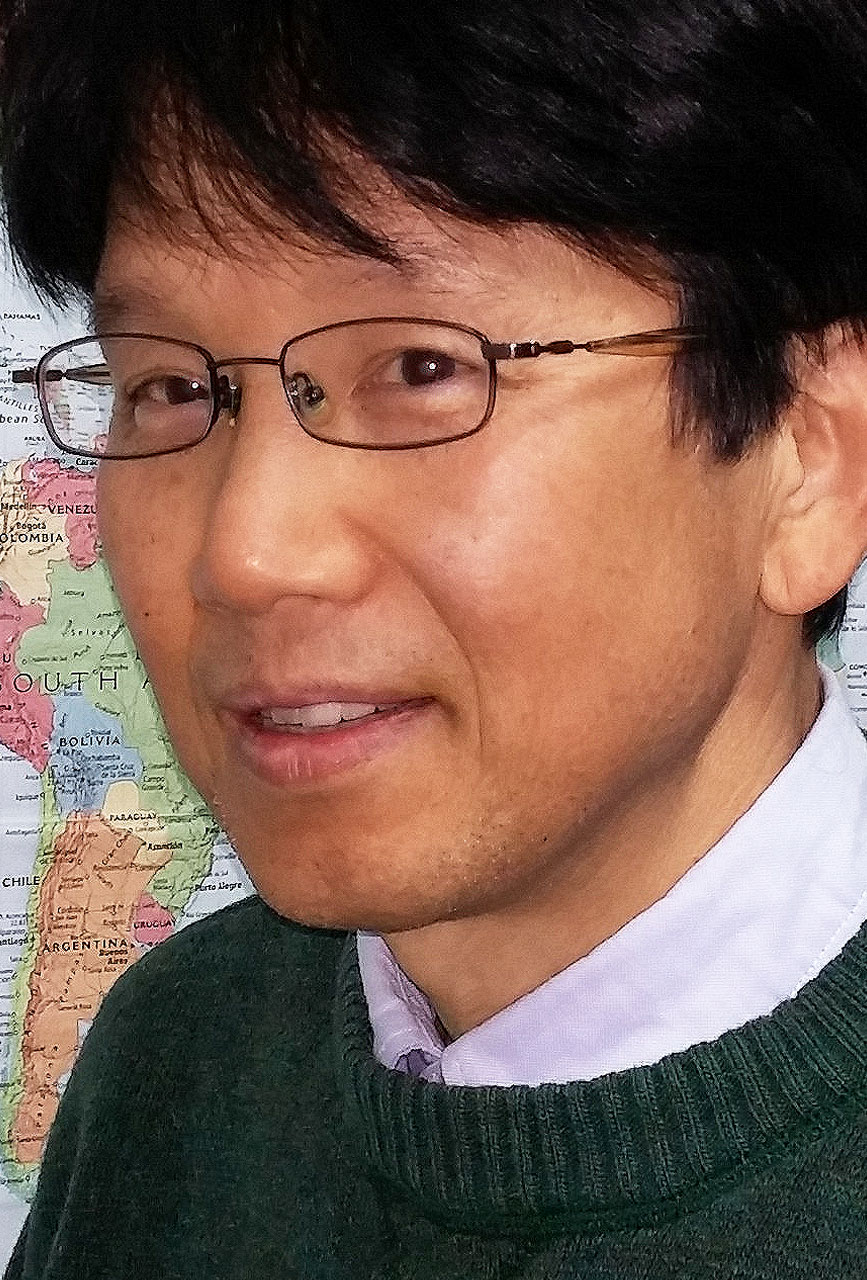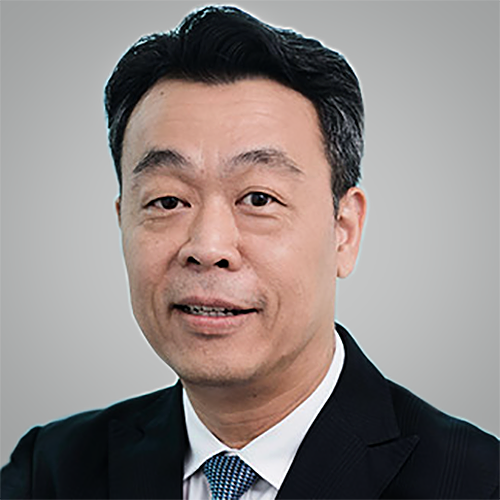 |
|
| Iguchi: Highly critical of US prosecutors involved in his case |
What goes on inside the mind of a rogue trader? Paraphrasing Toshihide Iguchi in his new book “My Billion Dollar Education: Inside the Mind of a Rogue Trader”, there is a lot of bravado, overconfidence and too much anxiety.
Iguchi is the New York-based Daiwa Bank trader whose US$1.1 billion in trading losses that culminated in 1995 resulted in the bank’s removal from the US market in disgrace and later withdrawal from all its overseas operations. Before this scandal, Daiwa was one of the biggest banks in the world.
This bravado prevented the rogue trader from admitting his mistake early on when his losses were a lot less and the damages still manageable. At this point, top of mind was the loss of face to his bosses, peers and the general market. This same swagger stopped him from coming clean and cutting losses.
Overconfidence gave Iguchi the illusion that he would be able to recover his losses no matter how big it gets or however bad the markets turn against him. Having the mindset of a gambler, he kept throwing money on the table, betting on the chance his luck would turn.
The level of anxiety started small then gradually built up as his losses got bigger and eventually shattered his life to the point that suicide became an option. In the case of Iguchi, he neglected his young family (his American wife left him for another man and eventually divorced him), lost his career as a banker and became a convicted felon.
In his book, Iguchi attempts to explain his side of the story as public knowledge about the case has been restricted to information coming from US prosecutors, the bank and Western media. This is the English version of an earlier book in Japanese entitled “Confessions” which he wrote while in jail and published in 1995, immediately after his trial.
When asked how a rogue trader can be stopped, Iguchi says in an interview with The Asset: “Traders are always traders. Human nature doesn’t change so you can improve the internal risk controls but the traders have to change (for the controls to be effective). What’s going to happen every time a trader goes into the market and he loses money? They all fall into the same trap.”
He argues that rogue traders should not be held solely responsible for their trading losses since this would not be possible without a corporate culture that emphasizes profit at all cost as well as lack of supervision and internal controls.
Intimate details
In Daiwa’s case, the absence of internal controls was a serious issue (Iguchi did the trading and cleared the trades himself). Iguchi’s losses would not have been detected by his superiors had he not disclosed it himself with a signed confession. What followed resulted in the biggest financial scandal involving a top Japanese bank, the US Attorney General and the powerful Japanese ministry of finance.
For his part, Iguchi cooperated with US prosecutors on the understanding that he would get some form of leniency but ended up spending a total of five years in jail anyway.
The book looks into the development of the US fixed income market, the product which Iguchi traded. It also gives insights into the workings of the US justice and penal systems as Iguchi was initially jailed in a maximum security prison with drug dealers, terrorists and a white supremacist before being sent to the Allenwood Federal Correctional complex, a prison for white collar criminals.
Iguchi provides intimate details on his experiences and talks about his personal feelings openly, expressing views and opinions that are highly critical of some people involved in the case.
On Reid Figel, the US government attorney who led the case against Daiwa and with whom Iguchi cooperated, he says: “The things Figel did were not for the people of his country but for himself and his boss, Mary Jo White.” (Figel is now a prominent lawyer in private practice while White is the incumbent chairperson of the US Securities and Exchange Commission).
Iguchi writes in a fast-paced, dramatic style that is far from boring as he describes macro events and technical developments in layman’s terms. More importantly, he also manages to explain how such events are relevant to the man on the street. His personal website shows he has written novels in Japanese, at least one of which is based on his actual experiences.
While a financial book, it has the elements of a thriller: excitement, drama, romance, betrayal and redemption. In other words, a movie-in-the-making.





.jpg)
.jpg)


